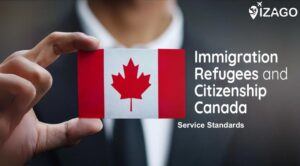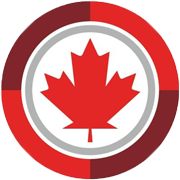Immigration, Refugees, and Citizenship Canada (IRCC’s) has recently highlighted progress on Skills Missions, a key objective from the Strategic Immigration Review released in October 2023.
This information, revealed through an Access to Information Request (ATIP) obtained by CIC News, indicates that IRCC is laying the groundwork for overseas skills missions aimed at attracting and retaining global talent to sustain Canada’s workforce and economy.
Skills missions form a crucial part of IRCC’s approach to bringing highly skilled immigrants to Canada. These missions involve IRCC staff, along with key stakeholders such as businesses or provincial and territorial officials, travelling to countries with significant pools of potential workers.

Find Out If You Are Eligible for Canadian Immigration
These missions are expected to fall under the Chief International Talent Officer’s (CITO) jurisdiction, although it remains unclear if IRCC has appointed someone to this role.
In the meantime, the department reports “significant progress” in developing a work plan, mapping existing provincial and federal services, reviewing ethical recruitment practices, and holding initial discussions with stakeholders.
Feedback from stakeholders during the creation of the Strategic Immigration Review revealed that many Canadian employers find the process of hiring immigrants challenging, often deterring them from considering foreign candidates to fill urgent vacancies.
IRCC asserts that skills missions will simplify the immigration process for employers, bringing together relevant parties to address specific foreign talent needs.
Some provinces, like Manitoba, already conduct skills missions through their Provincial Nominee Program (PNP). For instance, Manitoba frequently nominates candidates under the Skilled Worker Overseas category of its PNP through Strategic Recruitment Initiatives, which aim to support employers with an immediate, ongoing need for skilled workers.
Which Countries Will IRCC’s Target?
According to the ATIP, skills missions will also support objectives such as increasing the number of French speakers outside Quebec and diversifying the countries from which immigrants are sourced.
The countries targeted for skills missions will vary depending on the occupation or group in focus. For instance, regulated professions, such as those in healthcare or skilled trades, will be assessed differently from unregulated ones.
For regulated professions, IRCC will identify countries where training or accreditation aligns with Canadian standards, reducing the time newcomers need to qualify to work in their chosen fields. IRCC will also collaborate with partners to identify countries that do not have local labour shortages to avoid perceptions of “poaching” talent.
For missions targeting non-regulated professions, IRCC will work with various organizations and stakeholders to identify large, concentrated pools of workers.
In both cases, IRCC will consider existing bilateral labour mobility agreements and free-trade agreements.
These missions may also focus on countries with Francophone populations to help IRCC meet its obligations under the Official Languages Act. The report notes that skills missions could increase the number of Francophones outside Quebec, supporting IRCC’s goal of ensuring that 6% of newcomers to Canada in 2024 are French speakers.
Which Occupations Will Be Targeted?
The ATIP suggests that the targeted occupations will vary “according to the region selected for a skills mission as well as the participating employers.”
However, it also indicates that these occupations will be identified using data from the Canadian Occupational Project System, which models labour demand forecasts up to 2031, developed by Employment and Social Development Canada (ESDC).
Healthcare, STEM, and skilled trades, which are already identified as areas with shortages in Canada, have also been the focus of recent category-based Express Entry draws since May 2023.
In the long term, the federal government states that missions will not only focus on short-term employment needs or regional demands.
IRCC’s Next Steps
After identifying target occupations and countries, IRCC will consult with external stakeholders, including provincial and territorial governments and industry experts. The planning process will then involve selecting participating employers, making travel arrangements, and determining the services IRCC will offer, which may differ between missions.
These missions will be coordinated by the Chief International Talent Officer, playing a crucial role in aligning immigration with Canada’s labour market needs, as outlined in IRCC’s Strategic Immigration Review. The Officer will be responsible for gathering information on the skills Canada needs for the future and ensuring that immigration policies are better aligned with the country’s labour market and sectoral strategies.
Know More: Contact Us




